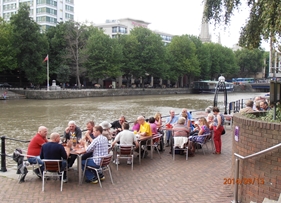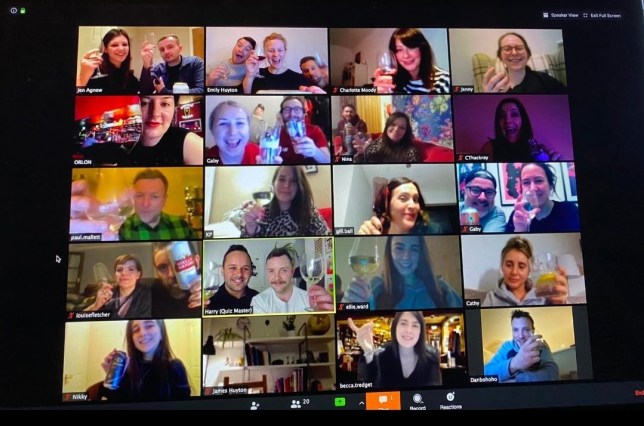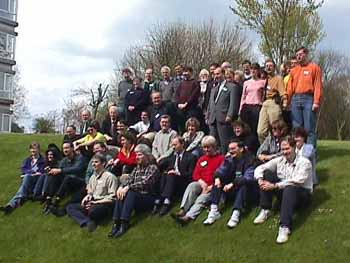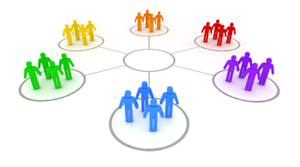 Calendar Calendar
 Summary Summary
 Bulletin Bulletin
 Diary Diary
 View View
 Sci Mus: Feed the world without costing the Earth
Sci Mus: Feed the world without costing the Earth
Wed 8 Sep 2021
at 19:30 to 20:45
Meeting / Address:
https://www.sciencemuseum.org.uk/see-and-do/how-to-feed-the-world
Groups Shared With:
Bob's Friends in Basingstoke, Cardiff IVC Friends & Social, Edinburgh Socialives Club, Exeter IVC, Halifax & Huddersfield IVC, London IVC, Merseyside IVC, Norwich Social Friends, Sheffield IVC, Simply Social IVC, Basingstoke Science and Climate Cafe, Nottingham IVC
Basingstoke IVC Science Cafe invite you to this free Science Museum panel discussion titled "How to feed the world without costing the earth"
ADVANCE BOOKING IS REQUIRED FOR THIS TALK:
https://www.sciencemuseum.org.uk/see-and-do/how-to-feed-the-world
Join our panel of experts in agriculture and food innovation in this online debate on how the way we produce, transport and consume food needs to change to reduce greenhouse gas emissions,
Food security is under serious threat from the impacts of climate change—there is already an observable impact, with crop yields negatively affected by drought and drying in numerous regions worldwide.
Disruption to global food supplies is only expected to get worse, as food production is impacted by more extreme weather events, drought, wildfire and even the redistribution of pests as a result of climate change.
At the same time, the IPCC's Special Report on Climate Change and Land (2019) estimates that agriculture is directly responsible for up to 8.5% of global greenhouse gas emissions, with a further 14.5% coming from land use change, such as clearing forests to create farmland.
Carbon released by the global movement of food is not the only greenhouse gas of concern: there is also methane released by livestock and from organic waste in landfills, along with nitrous oxide produced by fertilizers.
So how does the way we produce, transport and consume food need to change to reduce greenhouse gas emissions, and simultaneously increase resilience in our food supplies to the worst effects of climate change Should we stop eating meat? Should we eat more insects? Will the food of the future be predominantly lab-produced?
We bring together a panel of experts in agriculture and food innovation to debate these questions and more:
-
Heston Blumenthal OBE—Six Michelin-starred chef, founder of the world-famous Fat Duck restaurant, pioneer of multi-sensory eating and Honorary Fellow of the Royal Society of Chemistry
-
Dr Asaf Tzachor—Lead Researcher for Food Security and Research Associate, Center for the Study of Existential Risks (CSER), University of Cambridge.
-
Petronella?Halwiindi—Country Director, Uganda, Farm Africa
Contact Details:
The Science Museum, (promoted by Bob Clifford, Basingstoke IVC Science Cafe; info@cafesci-basingstoke.org.uk)
 Venue Website:
|





